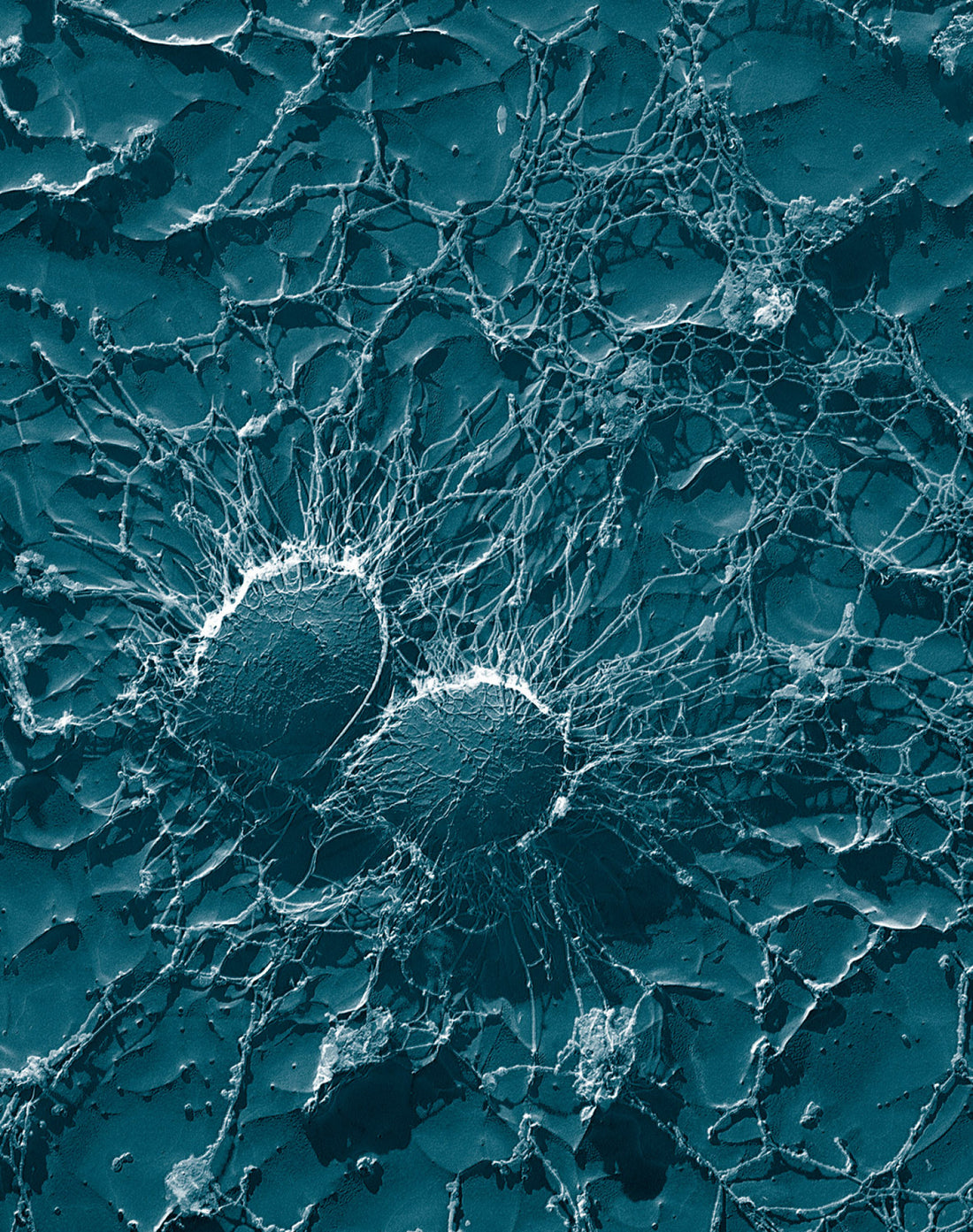
Hallmarks of aging: dysbiosis
Share
The human body hosts an intricate ecosystem comprised of trillions of microorganisms, including bacteria, fungi, and viruses, collectively known as the microbiome. These microscopic inhabitants predominantly colonize the skin, mouth, and intestines, playing a crucial role in our health and wellbeing. The intestinal flora, in particular, is vital for various bodily functions, such as digesting food, combating invasive bacteria, safeguarding against infections, and maintaining a robust communication with the immune system. The richness and diversity of these intestinal organisms are paramount, with a more varied microbiome indicating better overall health.
The significance of diversity
The microbiome's diversity is a key indicator of our body's health. A rich and varied population of intestinal flora boosts our body's ability to digest food effectively, fend off harmful bacteria, protect against infections, and support the immune system's functions. Conversely, a decline in microbial diversity—often due to aging or chronic diseases—can lead to an increase in aggressive bacteria at the expense of beneficial ones. This imbalance can exacerbate health issues and lead to a cycle where poor health further diminishes the microbiome's diversity, highlighting the interconnected nature of our wellbeing and our microbial residents.
The impact of aging and disease
As we age, the composition of our microbiome undergoes significant changes. The balance shifts, with beneficial bacteria diminishing in numbers while more aggressive strains become prevalent. This alteration in microbial diversity is not only a consequence of aging but also of chronic diseases, which can further degrade the microbiome's health and diversity. The dual impact of aging and disease on the microbiome underscores the importance of maintaining a healthy, diverse population of microorganisms throughout our lives.
The link between the microbiome and systemic health
One of the more concerning aspects of an altered microbiome is its effect on the permeability of the intestinal wall. With age, the intestinal barrier becomes more permeable, a condition often exacerbated by changes in the microbiome. This increased permeability allows substances that should remain within the digestive tract—such as symbiotic microbes, microbial toxins, and nutrients—to enter the bloodstream more easily. As a result, the body may experience heightened chronic inflammation and a weakened immune system, underscoring the profound impact of the microbiome on our overall health.
Concluding thoughts on the microbiome's role
The exploration of the human microbiome reveals a complex and dynamic ecosystem that plays a critical role in our health. The diversity of our microbial inhabitants directly influences our body's ability to resist infections, digest food, and maintain immune health. As we age or battle chronic diseases, the importance of nurturing a healthy and diverse microbiome becomes even more apparent. Through understanding and supporting the delicate balance of our internal microbial ecosystem, we can better protect against the vulnerabilities introduced by aging and disease, paving the way for a healthier life.